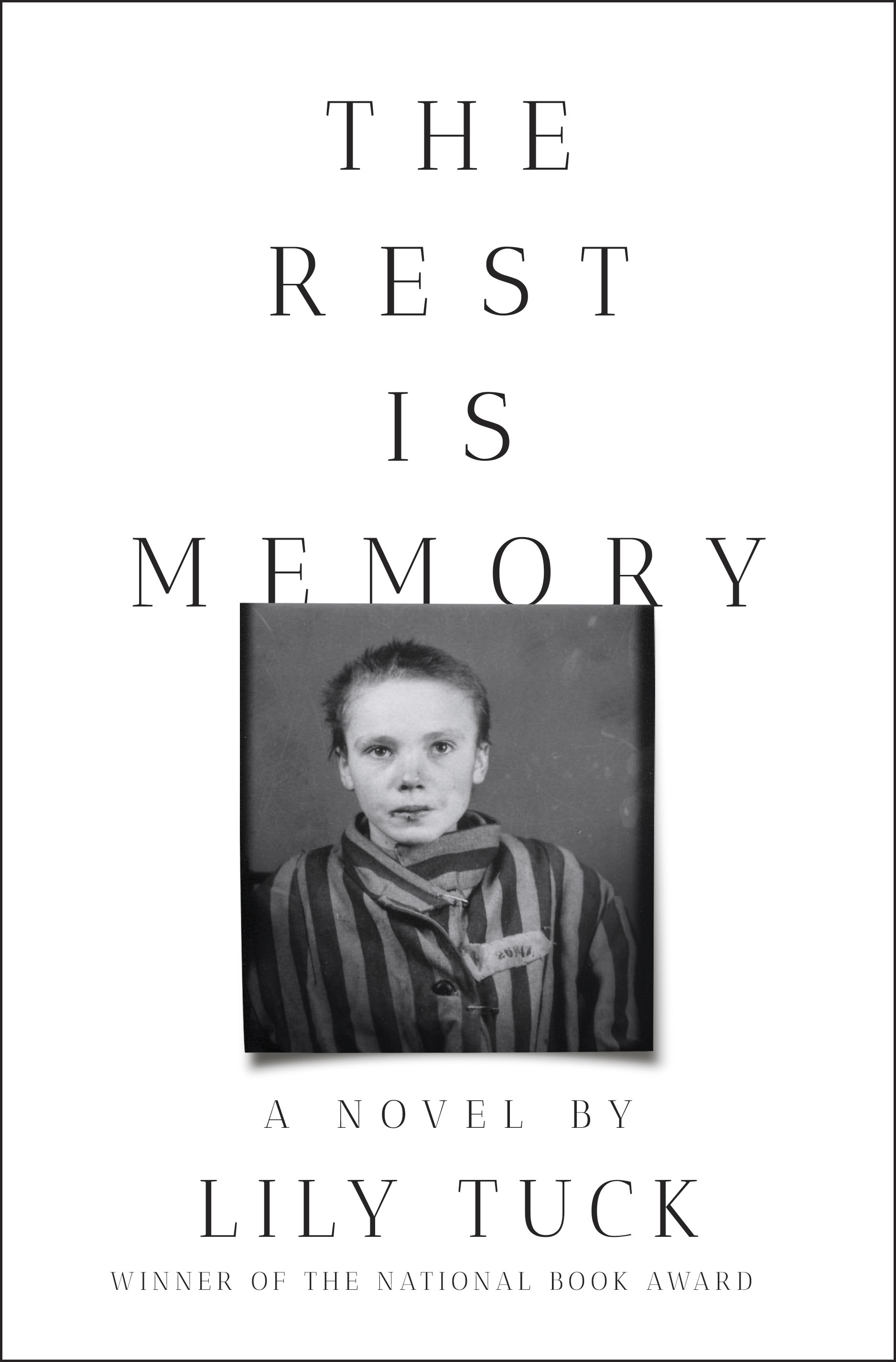The rest is memory
Title of the book: the rest is memory Author: Lily tuck
Publisher: liveright
Publishing Date: 2024
ISBN: 978-1-324-09572-9
Summary:
The heartbreaking story of a young Catholic girl transported to Auschwitz becomes a Rashomon-like rondo in the hands of one of our greatest novelists.
First glimpsed riding on the back of a boy’s motorcycle, fourteen-year-old Czeslawa comes to life in this mesmerizing novel by Lily Tuck, who imagines her upbringing in a village in southeastern Poland before her world imploded in late 1942. Stripped of her modest belongings, shorn, tattooed number 26947 on arriving at Auschwitz, Czeslawa is then photographed by prisoner Wilhelm Brasse. Three months later she is dead.
How did this—the fictionalized account of a real person who was Catholic—happen? This is the question that Tuck grapples with in this haunting novel, which frames Czeslawa’s story within the epic tragedy of six million Poles, Jewish and Catholic, who perished during the German occupation. Also evoking, among others, the writer Tadeusz Borowski’s ill-fated life and Janusz Korczak’s valorous attempts to save orphaned children, Czeslawa becomes an unforgettable work of historical reclamation that rescues an innocent life, one previously only recalled by a stark triptych of photographs.
Author Info:
(From goodreads)
Personal Opinion:
I seriously thought that it was a nonfiction book. I mean it reads a lot like nonfiction. Is it possible to create a narrative of loss and inhumanity with mere facts? In this instance yes. With mere words and facts inhumanity becomes captured within pages. Few things have struck me while I was reading: first is the style similar to Holocaust books. ( not modern day, but ones written by actual survivors after ww2.) Second is lack of emotional descriptive words such as sad or happy. The conversations, the time switches,thoughts and dreams become very potent and speak far more louder than emotions ever can. Using the word "heartbreak" feels like diminishing the power this slim novel holds because how can this book be a mere heartbreak when in fact it showcases events and tragedy that affect every part of being a human being? A highly recommended read.
This was given for review
5 out of 5
(0: Stay away unless a masochist 1: Good for insomnia 2: Horrible but readable; 3: Readable and quickly forgettable, 4: Good, enjoyable 5: Buy it, keep it and never let it go.)
I seriously thought that it was a nonfiction book. I mean it reads a lot like nonfiction. Is it possible to create a narrative of loss and inhumanity with mere facts? In this instance yes. With mere words and facts inhumanity becomes captured within pages. Few things have struck me while I was reading: first is the style similar to Holocaust books. ( not modern day, but ones written by actual survivors after ww2.) Second is lack of emotional descriptive words such as sad or happy. The conversations, the time switches,thoughts and dreams become very potent and speak far more louder than emotions ever can. Using the word "heartbreak" feels like diminishing the power this slim novel holds because how can this book be a mere heartbreak when in fact it showcases events and tragedy that affect every part of being a human being? A highly recommended read.
This was given for review
5 out of 5
(0: Stay away unless a masochist 1: Good for insomnia 2: Horrible but readable; 3: Readable and quickly forgettable, 4: Good, enjoyable 5: Buy it, keep it and never let it go.)

Comments
Post a Comment